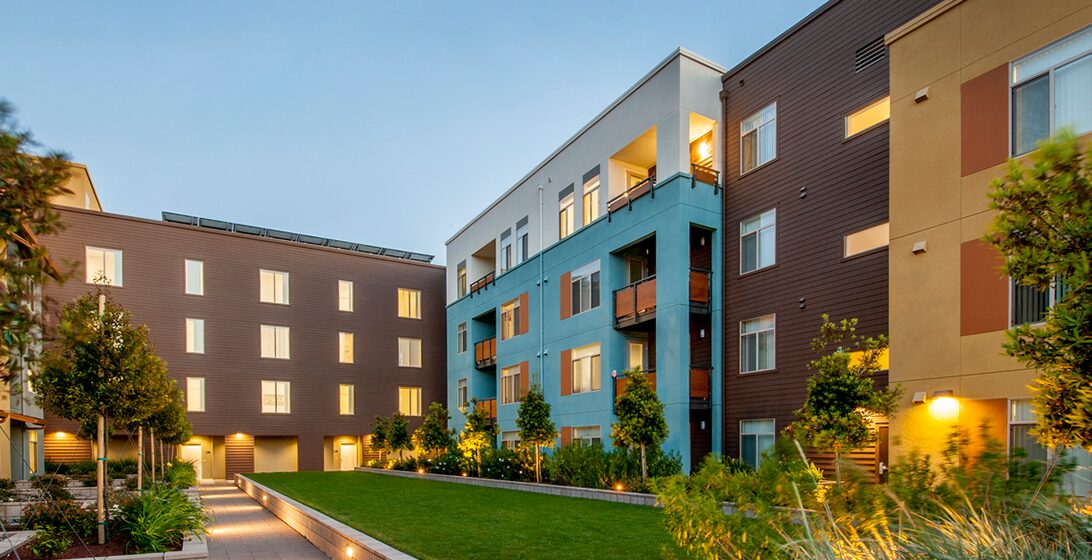Rental and operating subsidies are critically important funding resources in supportive housing developments for people with extremely low incomes. Subsidies keep rents affordable while ensuring that the property owner has enough income to maintain and manage the property during the lifetime of the development. Subsidies ensure that tenants are less rent burdened by reducing their rent to no more than 30% of their income and that the building has sufficient revenue for operations. As operating expenses increase, the revenue for the building must keep pace to cover these costs. Supportive housing providers should have a practice and policy to request increases annually or as eligible. Receiving subsidy increases when eligible provides more revenue to pay for maintenance and repairs, and ensures the building has funds to safely and stably house residents. This guide helps you understand how to implement this practice and resources for program specific rules.
How to Request Rental and Operating Subsidy Increases
Related Resources

October 21, 2025
This one-pager provides five proven state actions to reduce unsheltered homelessness. In response to recent executive orders, these practical, evidence-based strategies for responding to unsheltered...

October 17, 2025
Supportive housing is a model of affordable housing that is designed specifically for people who need services to recover and thrive in their community. It...

October 16, 2025
Supportive housing is a model of affordable housing that is designed specifically for people who need services to recover and thrive in their community. It...


